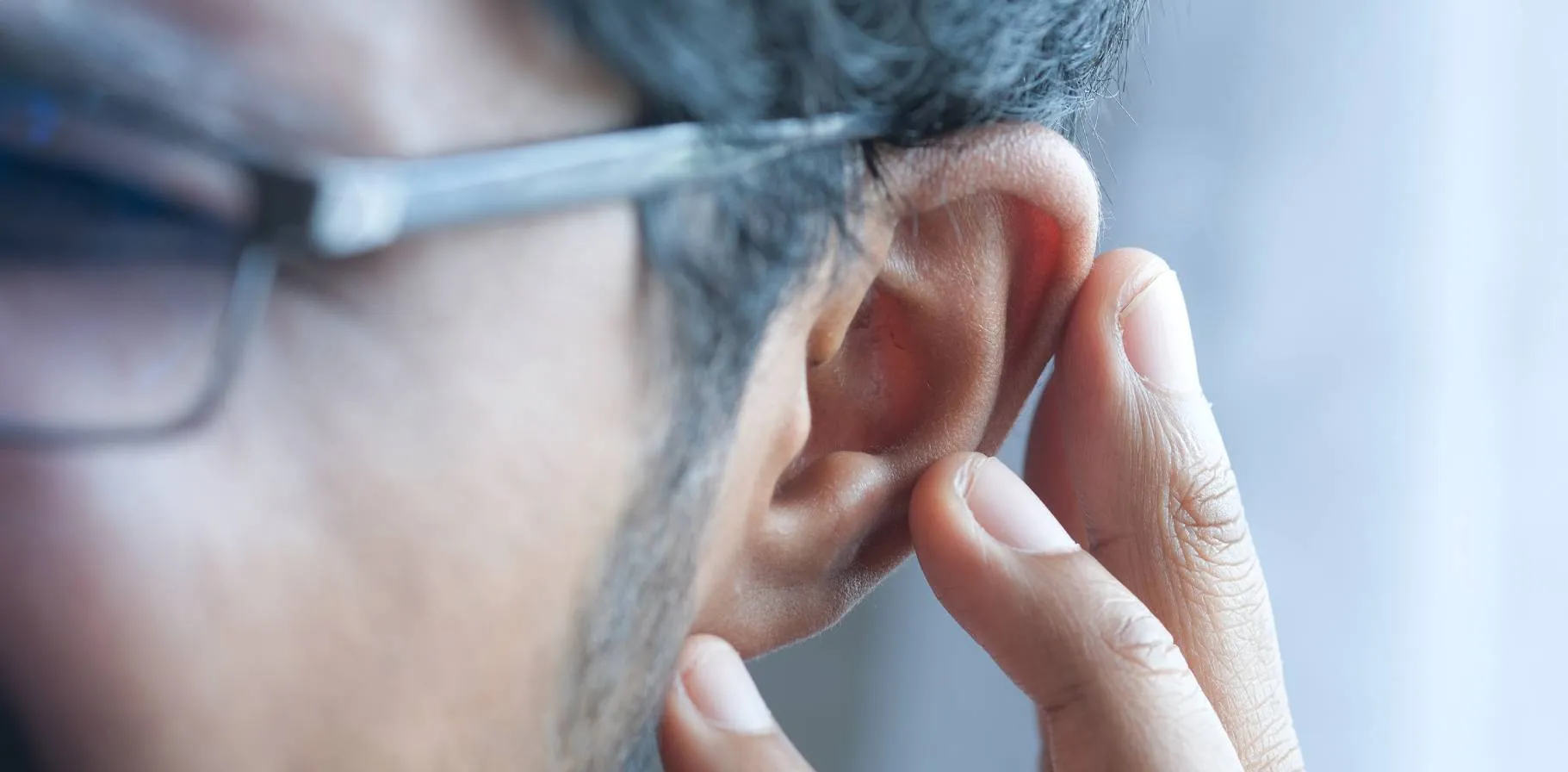How to Manage Temporary Hearing Loss After a Concert

How to Manage Temporary Hearing Loss After a Concert
5 Min.
Published 30 April 2025
30 April 2025
Music connects you to the people and places around you. While seeing your favourite singer or band perform can be an unforgettable experience, you may find yourself dealing with ringing ears, muffled sounds, or a sense of hearing dullness after the show.
This temporary hearing loss is common after exposure to loud sounds.1 Though it can be a source of stress, there are simple steps you can take to help your ears recover quickly and more comfortably. In this helpful blog, we’ll outline strategies to manage temporary hearing loss after a concert. Let’s dive in!
Give Your Ears a Rest
When your ears have been exposed to loud noise for multiple hours at a time, it’s important to give them a rest. Just like working the same muscle every day in the gym can result in an injury from overuse, the same can be said about your ears and repetitive noise exposure.1
After a concert, give your ears a rest by treating them to silence. Stay away from noisy locations and avoid using any headphones until the symptoms of hearing loss have subsided. Watching television or listening to the radio at a low volume can also help your ears to recover. To give yourself the best chance of recovery, read our previous blog on safe listening at concerts for tips on protecting your hearing.
Try Sound Therapy
Ringing in the ears following a concert can prove overwhelming. In these instances, distraction is key, as it can help keep the brain from focusing on the sound. One of the best ways to distract the brain from focusing on the sound is to play white noise, especially when going to sleep.2 Other sounds, like waves crashing on the shoreline or rain, can also be effective in helping you relax.
Avoid Caffeine and Alcohol
Though the evidence is far from conclusive, studies suggest there is a correlation between caffeine and alcohol intake and temporary hearing loss. The findings revealed drinkers were at a higher risk than non-drinkers for hearing loss, while drinking limitations may also be useful for preventing hearing loss.3 It’s for this reason that people experiencing temporary hearing loss after a concert should try to avoid drinking alcohol and caffeine until symptoms subside.
Relax Your Mind and Body
Stress and anxiety can exacerbate symptoms of hearing loss.4 As a result, practising relaxation strategies and relaxing your mind and body after a concert can be an effective tool in managing temporary hearing loss. Consider the following:
- Yoga: Gentle yoga stretches can help promote greater relaxation and improve blood flow, which may also benefit your ears.
- Deep breathing: Slow, deep breaths can help to calm our nervous systems and reduce the stress associated with temporary hearing loss.
- Meditation: Focusing on breathing exercises and clearing your mind can help shift the attention away from the ringing in your ears.
Hydrate for Enhanced Recovery
Staying well hydrated after a concert is crucial, as this may help alleviate symptoms associated with temporary hearing loss. Be sure to drink plenty of water and herbal teas, which can help boost your body’s natural healing process.
When to Seek Professional Help
It’s common to experience temporary hearing loss after a concert, but it may be time to see a doctor if symptoms don’t go away after a day or so. Booking in to see a hearing care professional can help alleviate any concerns you may have.
Visit your local Connect Hearing clinic where our friendly team will check your hearing and provide preventative measures to avoid noise-induced hearing loss. That way, you can get back to enjoying the concerts safely, knowing your hearing is protected.
References:
- National Institute on Deafness and Other Communication Disorders (n.d.), Noise-Induced Hearing Loss, www.nidcd.nih.gov, accessed 15 December 2024.
- Harvard Medical School (8 December 2021), Tinnitus: Ringing or humming in your ears? Sound therapy is one option, Harvard Health Publishing, accessed 15 December 2024.
- PLoS One (20 January 2023), Alcohol as a risk factor for hearing loss: A systematic review and meta-analysis, National Library of Medicine, accessed 15 December 2024.
- Neil Sperling, MD (n.d.), The Link Between Stress and Hearing Loss, www.neilsperlingmd.com, accessed 15 December 2024.
Author
Connect Hearing
Sonova
Latest articles
- When Ringing in the Ears Affects Relationships and How to Talk About It
- A Summer Well Spent? What You Might Notice About Your Hearing After Busy Months
- Ringing in Your Ears After Summer? What Tinnitus Can Feel Like and When to Pay Attention
- Watching the Australian Open? How to Enjoy Big Sporting Events Comfortably
.png?branch=web_prod)
.png?branch=web_prod)